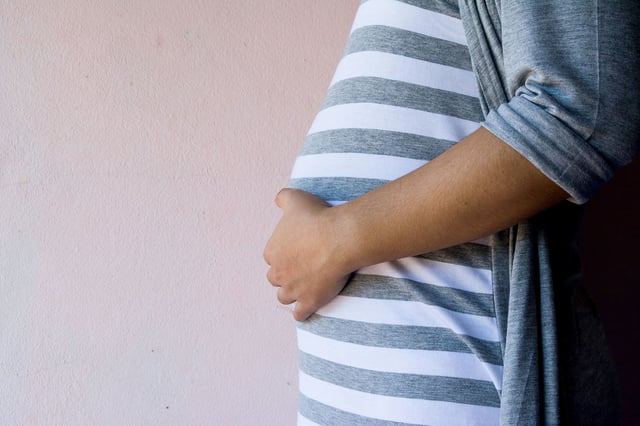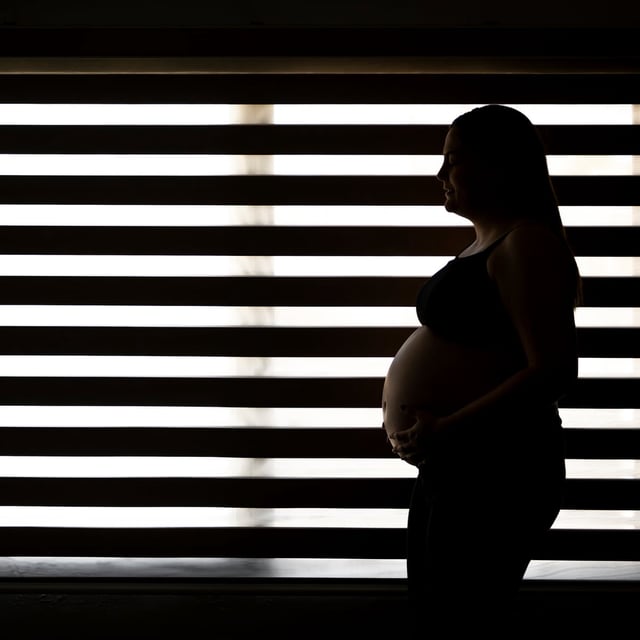Overview
- Raleigh County Prosecutor Tom Truman says multiple West Virginia prosecutors have explored using state law on human remains to charge women who bury, flush or otherwise dispose of fetal tissue after a miscarriage
- State code bars prosecution for a woman’s own abortion but provides no clear procedures for handling fetal remains following spontaneous pregnancy loss
- Prosecutors would weigh factors such as how late the pregnancy was, a woman’s intent and her actions when deciding whether to bring charges
- Precedents in Ohio and Georgia saw women accused of abuse of a corpse and concealing a death after miscarriages, with Georgia’s charges against Selena Chandler-Scott dropped this spring
- Reproductive-rights advocates caution that the law’s vague language may deter individuals from seeking emergency care during pregnancy complications



